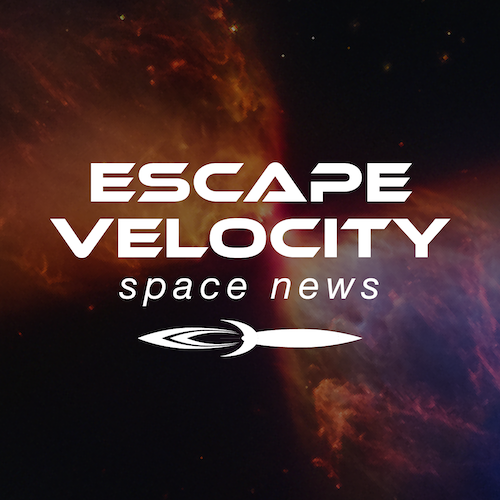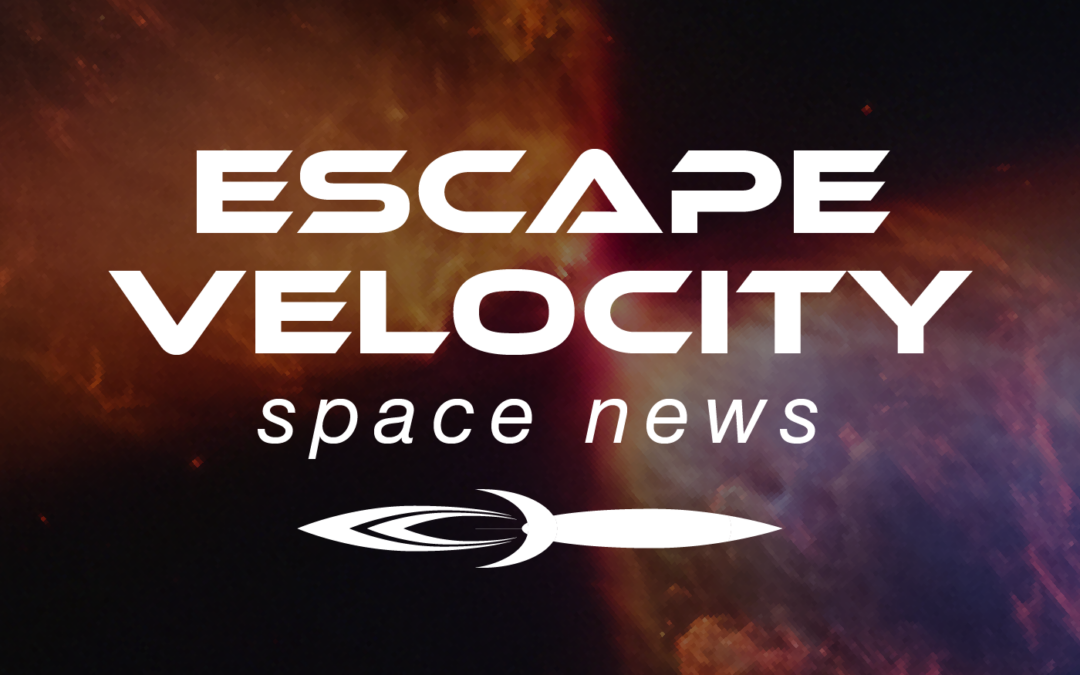Today EVSN discuss about planet WASP-76b which appears to be a giant iron glory in the atmosphere of another world: a circular rainbow, and it’s not caused by refracted starlight!


Today EVSN discuss about planet WASP-76b which appears to be a giant iron glory in the atmosphere of another world: a circular rainbow, and it’s not caused by refracted starlight!

The Hunga Tonga-Hunga Ha’apai volcano in the Kingdom of Tonga erupted and despite communications being cut off scientists have gathered a wealth of information about the event and its outcome. More about it at #365DaysOfAstro

While experiencing hail and thunder IRL, we also saw press release after press release and article after article discussing climate change. This one-two punch of new science and the need for a new roof means we will touch on climate change in our closer look this week.

One of our recurring topics is “Planet formation is not well understood,” and a trio of new papers is making it clear why planet formation continues to… not be well understood. Put simply: the Universe likes to create more diverse solar systems than an entire planet’s worth of sci-fi writers can imagine.

Earlier in March, Congress voted into place the FY2024 budgets for multiple agencies, including NASA. The agency is being asked for an overall 2% cut. Today, Dr. Pamela Gay breaks down what these cuts will affect, including people and missions, as we move forward with this already stressful fiscal year.

Today EVSN still focused on Iceland and we have Dr. Melissa Scruggs (aka VolcanoDoc on Twitch) for a chat about Grindavik and all things volcanic in Iceland.

We are star stuff. This phrase serves as a gentle reminder that all the complex atom found their start either in the nuclear core of a star or in the nuclear explosions of a dying star or stars. But, as with so many things, the truth is much more complicated than the meme.

We thought stellar mass black holes came from stars and that there might have been tiny primordial black holes that evaporated away, but that was it. Closed case. Black holes formed with all the normal structures we experience today. Except that now, JWST’s observations require us to find a way to accelerate the formation of those structures, and one way to do that is to seed the universe with black holes.

Every time I get the digital “why can’t you scientists just look at the data” lecture, I wonder what people think scientists do. All we do is look at data including accelerating rate of expansion of the Universe…

Robots on Mars have a long history of exceeding all possible expectations.Today, while we recognize NASA’s Day of Remembrance, we also celebrate all the Mars missions that have done more than expected.